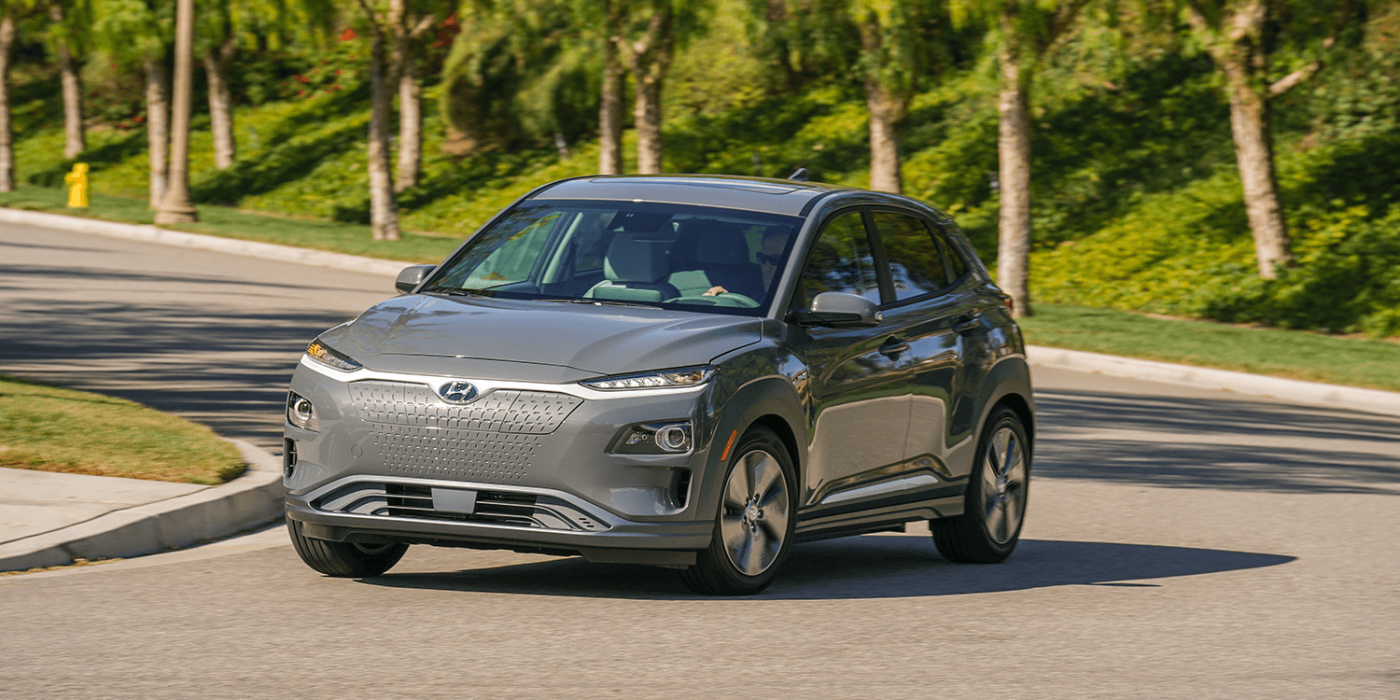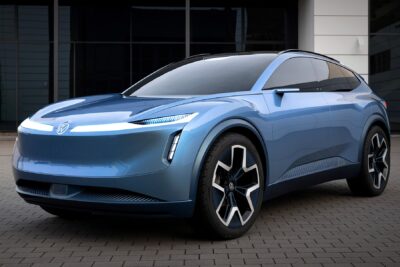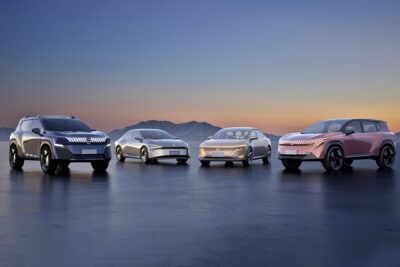Hyundai launches two battery-electric models in China
Hyundai is launching its second and third electric model on the Chinese market this year. The electric version of the Hyundai Encino (known outside China as the Kona) will be launched in October, before a battery-powered version of the Lafesta sedan, available exclusively in China, will follow in December.
With this, Hyundai will be complying with regulations the Chinese government has implemented to ramp up electric car and light-truck output.
Hyundai maintains that the Encino and Lafesta EV have a range of 500 and 490 kilometres respectively. Although the Encino is basically the Kona Electric, the difference, apart from the name, is that CATL cells will be used in the Chinese electric models and made in China (thereby adhering to Chinese regulations), whereas LG Chem rechargeable cells are used in the Kona Electric, which is made in South Korea and possibly soon in Europe. The Kona Electric has been more popular than expected and has been out of stock in most European locations.
Hyundai has been offering the electric Elantra on the Chinese market since 2017. The South Korean carmaking giant has also started selling the Lingdong with a plug-in hybrid drive this week. This is the second Korean PHEV model for the Chinese market after the Sonata plug-in hybrid. Both the PHEV models, as well as the two new BEV models are built in China by Beijing-Hyundai, the joint venture of Hyundai and BAIC.
The electric models could soon be manufactured in a separate factory: As Business Korea reported at the end of July, Hyundai intends to convert a production facility in Chongqing, China, into an electric car plant. The report explicitly mentioned the production of the Lafesta EV.
In comparison with the previous year, Beijing-Hyundai’s sales of conventional and electrified vehicles totalled 324,065, for the first seven months – a drop of 21 per cent, according to a Shanghai-based information consultancy, China Passenger Car Alliance.
In light of dropping passenger car sales and difficulties in supply chains for battery electric vehicles, Hyundai is proving to be strategically assertive. The South Korean company has not only complied with Chinese regulations to release their most popular electric model in the world’s largest car market, but Hyundai has also very concretely diversified both their fuel and vehicle strategies, as well as securing materials and partners in key areas along the battery-electric and hydrogen supply chains.






0 Comments